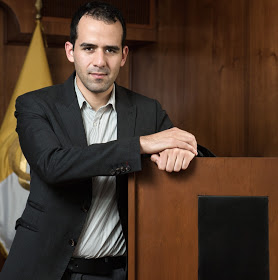Works in Progress: "Penal Extractivism: A Qualitative Study on Punishment and Extractive Industries in Peru"
When and Where
Speakers
Description
Mining capitalism has become a primary revenue source in Latin America and many countries around the world, sparking conflicts with rural populations due to environmental harm and distributional issues. This study introduces the concept of penal extractivism to shed light on the relationship between penality and mining capitalism. Penal extractivism consists of punitive strategies a given state implements to safeguard extractive industries from disruptions by mobilized citizens. We argue this category addresses the limitations of notions like criminalization and protest policing, while bridging the gap between studies of punishment and research on extractive industries. Additionally, based on fieldwork evidence from the Espinar mining conflict in Peru, the study explains five police and penal strategies the state uses to handle mass mobilizations. Our findings indicate that penal extractivism is a dynamic and ambivalent project that targets marginalized rural populations. The state partially controls large mobilizations but fails to address the widespread social unrest, reinforcing the conditions that perpetuate environmental conflicts. Grassroots movements actively resist penal extractivism, while authorities aim to prevent crises associated with human rights violations. In Peru, civil society resistance and human rights binding conventions moderate the impact of penal extractivism, which the state enforces given its dependency on resource-based development, and its inability to sustain non-coercive agreements with rural populations across the country.
This research was funded by the University of Toronto Faculty of Arts & Science Dean’s International & Indigenous Initiatives Fund, and the CrimSL Research Cluster for the Study of Racism and Inequality.
About the speaker

Diego Tuesta (Lima, 1989) is a punishment and society researcher who focuses on prosecutorial discretion and different forms of criminalization in the areas of drug enforcement, human trafficking, and extractive industries. He holds a BA and MA in Sociology from Pontificia Universidad Catolica del Peru, and he is currently undertaking a PhD in Criminology and Sociolegal Studies at the Centre for Criminology and Sociolegal Studies at the University of Toronto. He has worked as a consultant and advisor on multiple policy projects for public and civil society organizations domestically and internationally. His research has been published in criminology and social science journals, and his teaching experience includes courses in criminology and the sociology of punishment. For his dissertation, drawing from theories in sociology and criminal justice research, he plans to study prosecutorial decision-making and the reproduction of racial disparities in Ontario, Canada, thus contributing to an understudied policy field. In his free time, he likes to play tennis, chess, read social theory and philosophy texts.
Register
This event is free and all are welcome, but registration is required.
Prior to the seminar, join us for a light lunch from noon to 12:30 pm in the Centre Lounge. Please indicate your lunch RSVP for catering purposes when you register.
Register now using our Microsoft form.
About the Works in Progress series
The Works in Progress series is presented by the CrimSL Research Cluster for the Study of Race and Inequality. This series of workshops is provides graduate students and post-doctoral fellows opportunities to present their works in progress and receive feedback from their peers. See the Cluster's full list of Fall 2023 Events.
Accessibility
Please note that CG 265 is on the second floor of the Canadiana Gallery building, with stair access only as there is no elevator. If you have any access needs or if there are any ways we can support your full participation in this session, please email crimsl.communications@utoronto.ca and we will be glad to work with you to make the appropriate arrangements.
Health & Safety
We are following health and safety measures outlined by the University of Toronto and the Government of Ontario. Should there be changes in protocols related to health and safety of our guests and community, registrants will be advised.


